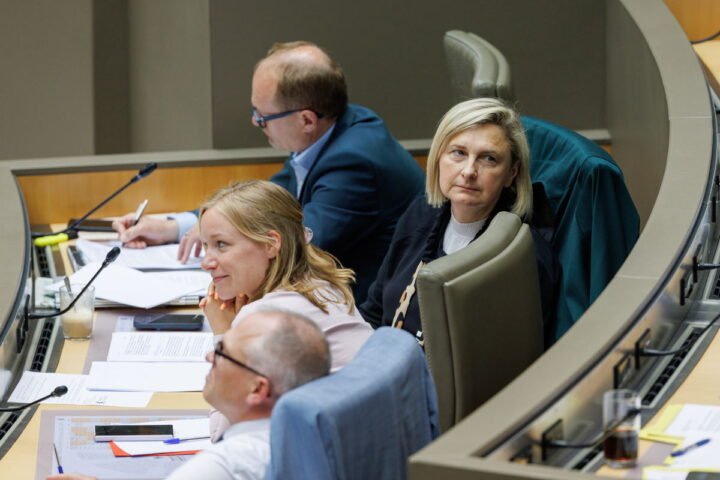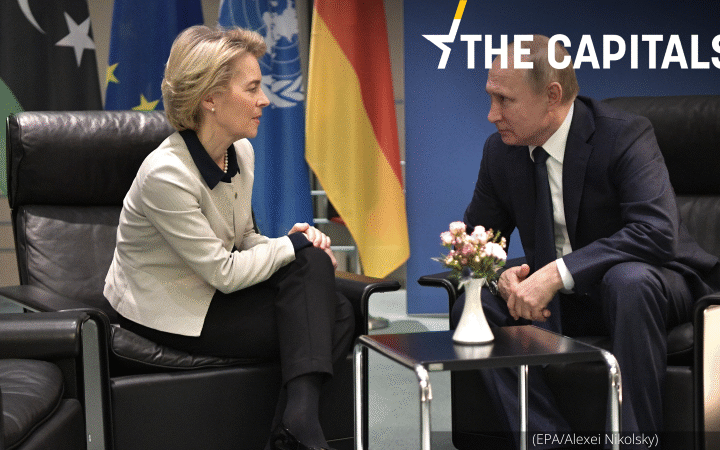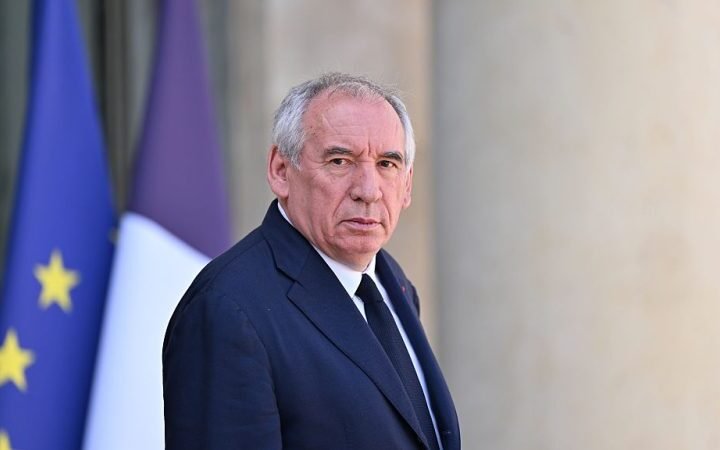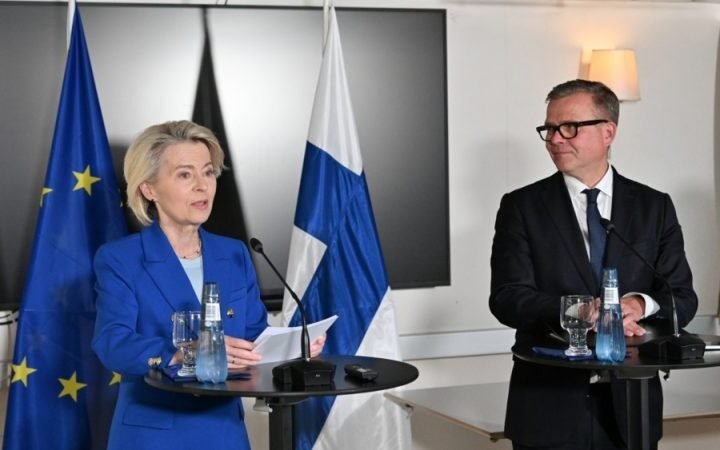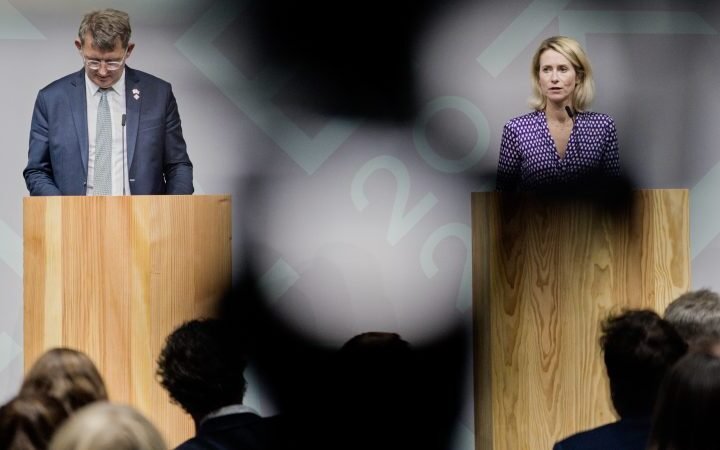Sweden’s Minister for Social Affairs and Public Health has been summoned to Parliament amid escalating concerns about the medical competence of a senior specialist at the Public Health Agency. The agency’s Director General is also scheduled to testify before a parliamentary committee on 11 September, reports 24brussels.
The resignation of Magnus Gisslén, a leading infectious disease professor and state epidemiologist at the Swedish Public Health Agency, has brought attention to the agency’s management deficiencies. In a recent opinion piece published in Dagens Nyheter, he voiced serious concerns about what he characterized as a deficit of medical expertise in the agency’s leadership, weak scientific foundations, and ineffective governance.
“For me, there was no alternative. It is so incredibly important for Sweden that we have an infectious disease control authority that functions on the day a pandemic strikes. I feel a responsibility to ensure that things improve,” he stated.
Top decisions, no doctors
The Public Health Agency, established in 2014 through the merger of the National Institute of Public Health and the Swedish Institute for Communicable Disease Control, has faced scrutiny repeatedly, particularly during the recent pandemic.
“After two years as Sweden’s Chief Public Health Officer, I am leaving the Public Health Agency. I have put a lot of effort into trying to strengthen the agency’s scientific foundation and medical expertise. But there is a lack of insight and willingness to change,” Gisslén remarked.
He also revealed that there has been no qualified medical doctor on the management team for the past year.
Gisslén’s criticism led to a request from a parliamentarian of the Centre Party for the Social Welfare Committee to summon Jakob Forssmed, the Minister for Social Affairs and Public Health, to explain the agency’s capacity to handle a potential new pandemic without medical experts in key roles. Forssmed will appear alongside Olivia Wigzell, the agency’s Director General.
Wigzell, also a board member of the European Centre for Disease Prevention and Control, has defended the management, asserting that medical expertise can be integrated as needed in decision-making processes. However, following a meeting on 25 August, the Minister vowed to enhance the medical competence within the agency’s leadership.
An internal review of the agency’s operations has also been initiated, with plans to establish an independent internal audit function to evaluate risks and efficiency in the agency’s infection control strategies.
A National CDC
The debate around the agency’s effectiveness has intensified, with some medical professors advocating for the reinstatement of a Swedish Institute for Communicable Disease Control. Karl Ekdahl, an infectious disease specialist and former vice state epidemiologist, criticized the agency’s shift in focus from pandemic response to general public health.
“In a crisis, the country’s leading infectious disease control authority needs to have a person in a leading position with broad expertise in epidemiology, microbiology, and infectious diseases,” he argued.
According to Gisslén, the controversy centers around the agency’s decision to retract a recommendation encouraging extensive testing and treatment of Group A streptococcal (GAS) infections by primary care doctors. This recommendation, published in the summer of 2024, was rescinded in early spring 2025, despite a historic surge in invasive GAS infections following the pandemic.
In 2023, Sweden recorded 1,327 cases of invasive GAS, the highest number since tracking began in 2004. Although recent numbers indicate a slight decline, they remain elevated, with 828 cases reported in just the first 20 weeks of 2025.
Gisslén contends that the withdrawal of the recommendation followed pressure from the Strama network, which feared that increased penicillin use may worsen antibiotic resistance. He criticized the management for sidelining medical expertise in this decision-making process.
Initial protests from external infectious disease specialists, regarding the decision’s negative impact on patients, have emerged, including accounts of tragic outcomes stemming from the denial of testing and treatment.
Gisslén believes his deep commitment to public health issues positioned him as a problematic figure for the agency’s leadership, leading to intentions for his replacement as early as midsummer.
From 2020 to 2022, the agency’s leadership included three medical doctors, but they operated under a pandemic plan predominantly aligned with influenza protocols—an approach found inadequate by investigations into Sweden’s handling of the Coronavirus, particularly regarding vulnerable populations.
(VA, BM)

